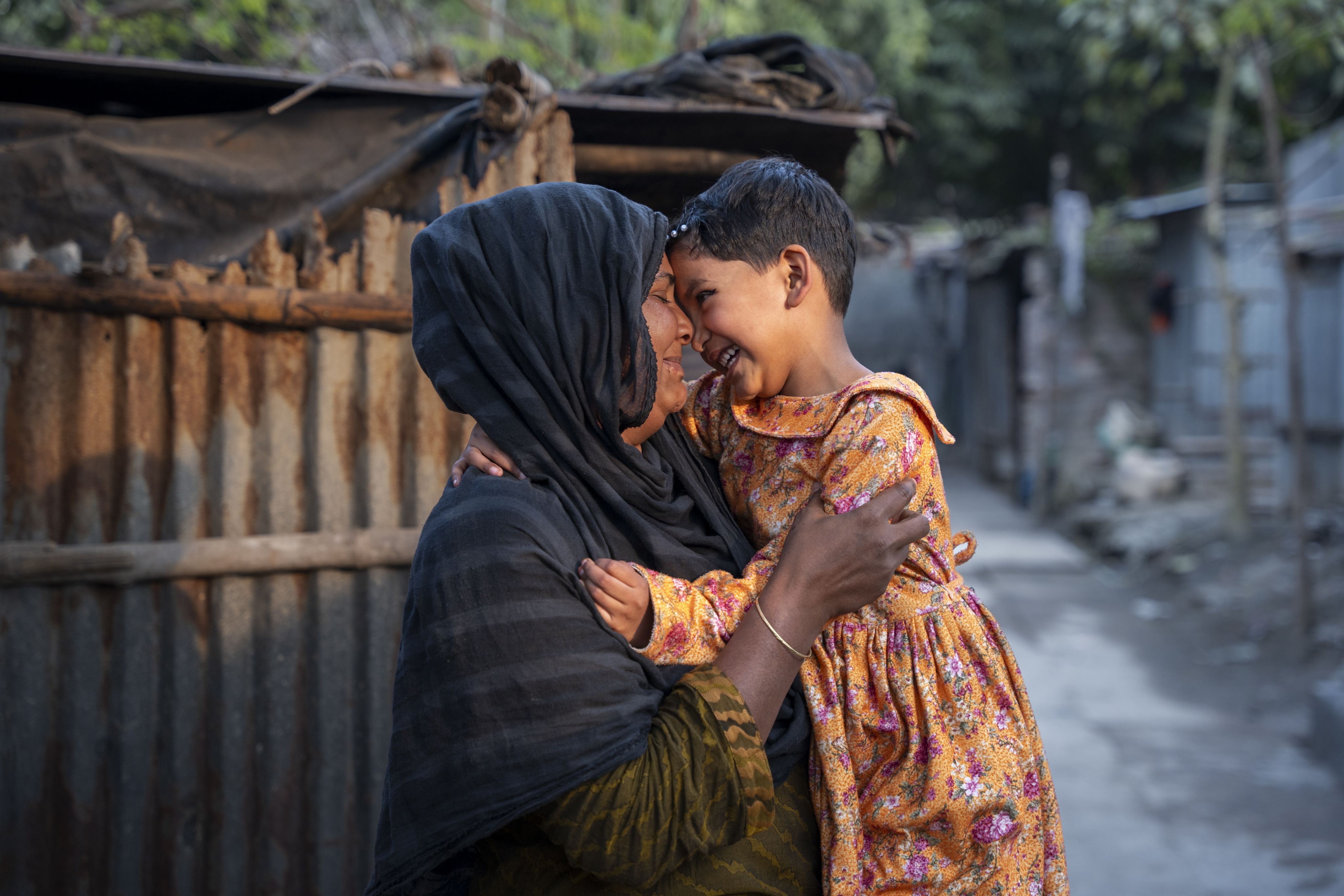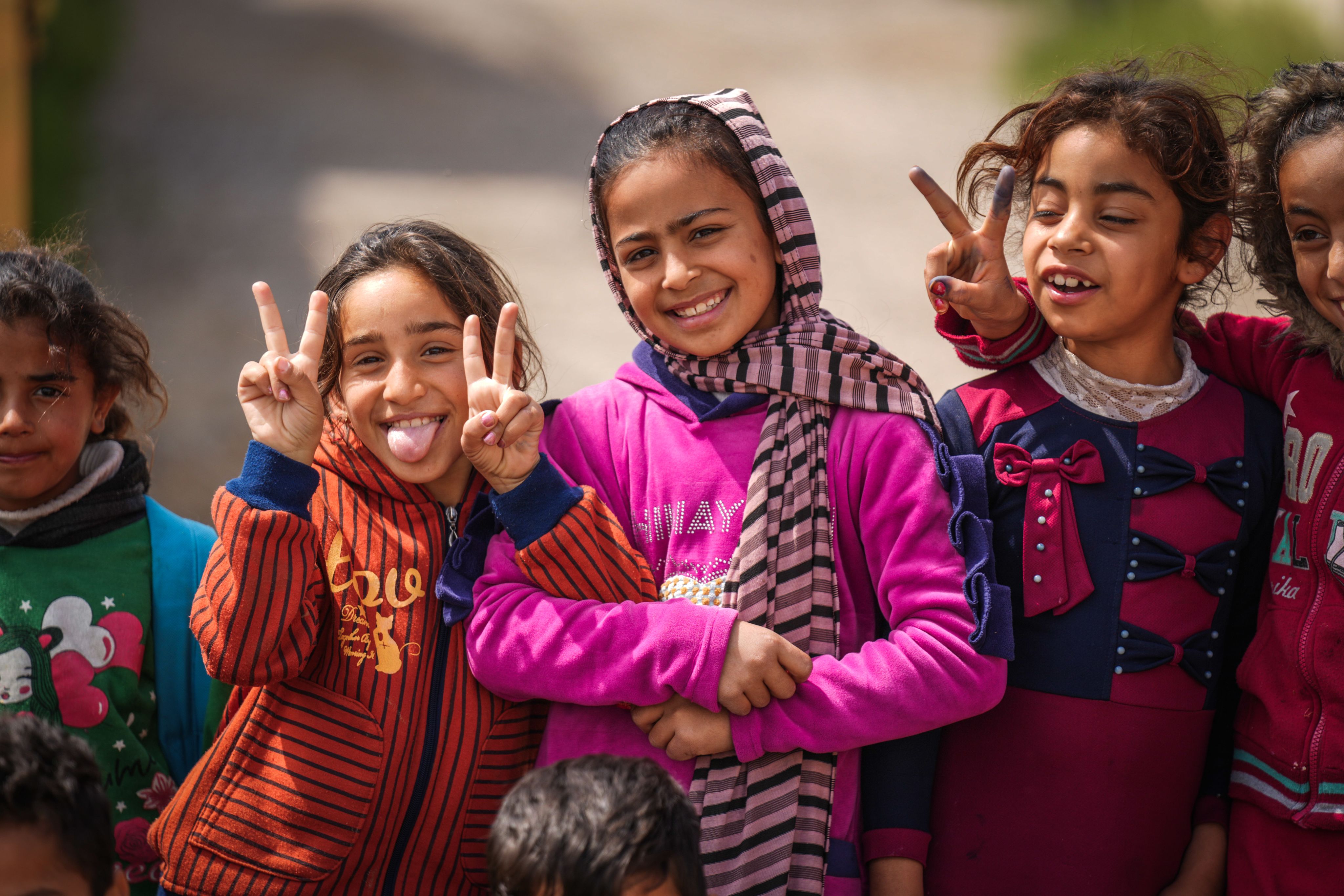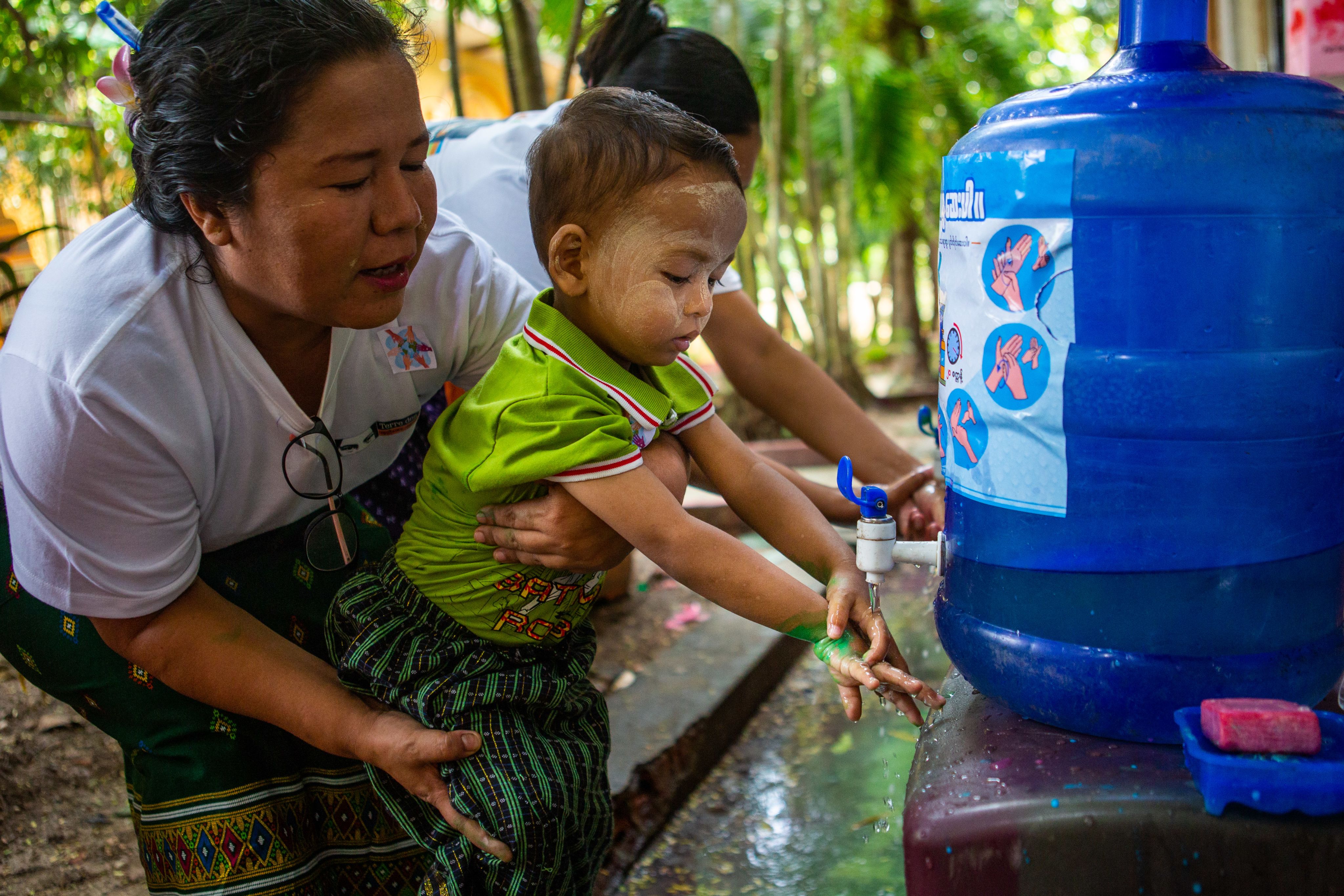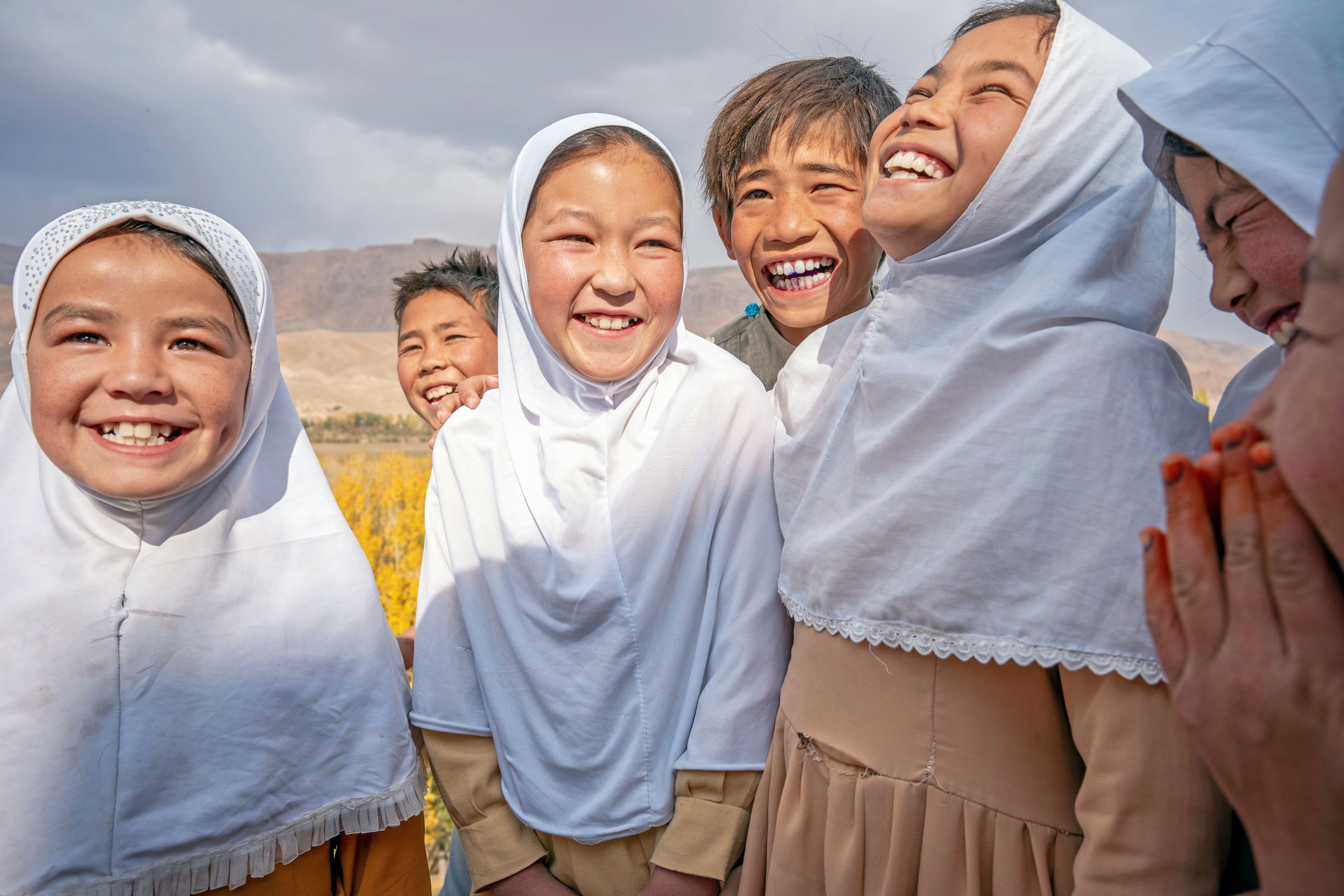Global Annual Results Report 2024: Humanitarian Action
Progress, results achieved and lessons from 2024 in UNICEF humanitarian action
I

In 2024, conflict, climate disasters, and displacement left 183.5 million children in urgent need of humanitarian aid. Many faced hunger, lost access to health-care and education, and saw their futures disrupted.
With the support of our partners, UNICEF responded — providing clean water to 41 million people, vaccinating 24.7 million children, treating malnutrition in over 109 million under-fives, and reaching millions more with education, protection, and mental health support. These achievements were made possible by $3.02 billion in humanitarian funding, including flexible resources that allowed UNICEF to respond swiftly where the need was greatest.
But these gains are at risk. As global funding declines, millions of children are being left behind. Your support is more vital than ever.
To coincide with the launch of the report, UNICEF hosted a virtual event.
Here are the highlights...
Countries Where We Delivered Impact in 2024
CARIBBEAN
Flexible funding was crucial in our response to natural disasters, like Hurricane Beryl, which struck the Caribbean in July last year, leaving thousands of children and families homeless across Jamaica, Grenada, and St. Vincent and the Grenadines.
Thanks to this support, UNICEF was able to respond quickly, using prepositioned supplies and delivering aid across multiple locations at the same time.
STATE OF PALESTINE
One of the most brutal crises in the world for children right now is the ongoing conflict in Gaza. Our deputy representative in our State of Palestine office, Ettie Higgins, joined us during our live event to discuss UNICEF's impact in Gaza in 2024 and how we’re still able to respond despite the ongoing bombings and blockades we saw in the first half of 2025.
Temporary learning spaces have given children the opportunity to engage in recreational activities, reading, and learning. UNICEF has supported more than 50,000 children through these spaces. However, that number has decreased due to the collapse of the ceasefire and the intensification of bombardments.
LEBANON
In 2024, escalating violence near Lebanon’s southern border had a devastating impact on children, with an average of three children killed each day until a ceasefire was declared. The conflict displaced over a million people within the country, and forced another half a million to flee to Syria.
UNICEF responded swiftly, supporting affected families in shelters, host communities, and border areas, and continued that support as families returned home.
A key part of our emergency response was the engagement of Lebanese youth, who volunteered to assist the most affected families
Watch the full event here
full event
To download the full report, click on the link.
Thank you
Thank you to our partners — we could not have supported so many children and their families without your generous support. We reached out to our colleagues around the world to hear firsthand about the impact this support has had.



